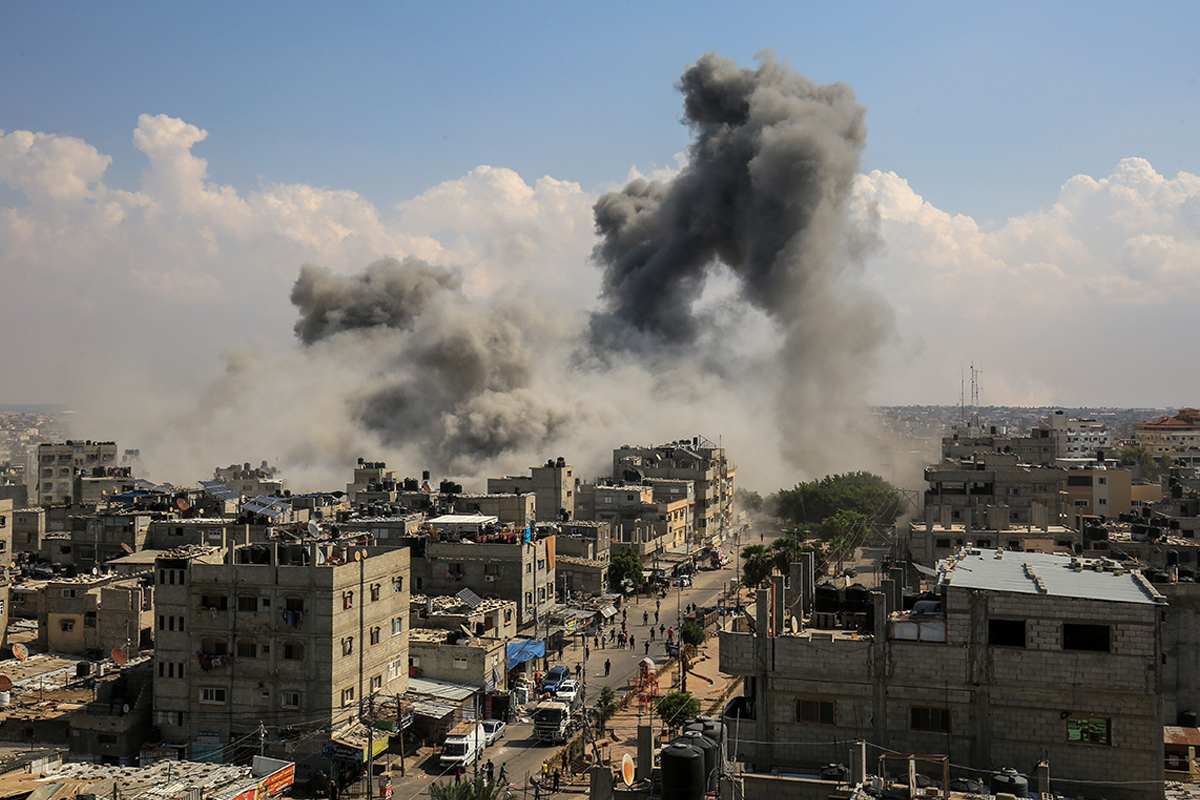In the aftermath of the recent Hamas attack on Israeli farming towns, citizens’ fury is directed not only towards the attackers but also towards Prime Minister Benjamin Netanyahu’s government. The government’s inability to prevent the attack and its inadequate recovery efforts have left many Israelis feeling neglected and outraged. This article explores the deepening rift between the Israeli public and its government in light of these events.
Over two weeks have passed since Hamas militants attacked a string of sleepy farming towns in Israel. The aftermath of the attack has left many Israelis furious at Prime Minister Benjamin Netanyahu’s government. The government has been criticized for not only failing to prevent the attack but also for not providing adequate aid and support to those affected.
The military’s response, launching unrelenting airstrikes in Gaza that have resulted in numerous Palestinian casualties, coupled with hundreds of thousands of Israeli troops preparing for a possible ground offensive, has done little to alleviate the situation. Instead, government infighting and lack of support have left traumatized survivors to mourn on their own, with volunteers stepping in to support recovery efforts.
Ruvi Dar, a clinical psychologist and Tel Aviv University professor counselling survivors, commented: “It has to be clear. The government is completely incompetent. Any support that the refugees are getting right now is completely grassroots. Absolutely nothing by the state.” He added that even the hotel rooms for volunteers are being paid for by nonprofit groups.
This government neglect comes amidst a contentious plan by Netanyahu and his far-right government to curtail the power of the nation’s judiciary, which has sparked months of protests and consumed the Cabinet and the nation. Many believe that the government’s preoccupation with this political battle has caused it to neglect its essential functions, including addressing the police force’s understaffing, the military’s preparedness, and the rising cost of living in the country.
The public’s wrath was immediate following the Oct. 7 Hamas attack that killed more than 1,400 people, the majority of whom were civilians. The military’s delayed response and the government’s overall chaotic handling of the situation have further fueled the public’s outrage. Residents have even blocked some government ministers from visiting attacked communities, and others have faced angry confrontations while visiting wounded individuals in hospitals.
Ophir Shai, who lost his brother Yaron in the attack, delivered a eulogy that turned into a vehement indictment of the government: “You abandoned the soldiers of the IDF. You abandoned the people who live along the Gaza border. You abandoned the state of Israel. You abandoned my beloved brother. I expect you all to take responsibility and resign immediately after the war ends.”
The Israeli public’s anger towards its government is palpable. The failure of the government to prevent the Hamas attack and its subsequent inadequate recovery efforts have left many Israelis feeling abandoned in their time of need. The deepening divide between the public and the government could have lasting implications for the political landscape in Israel.







